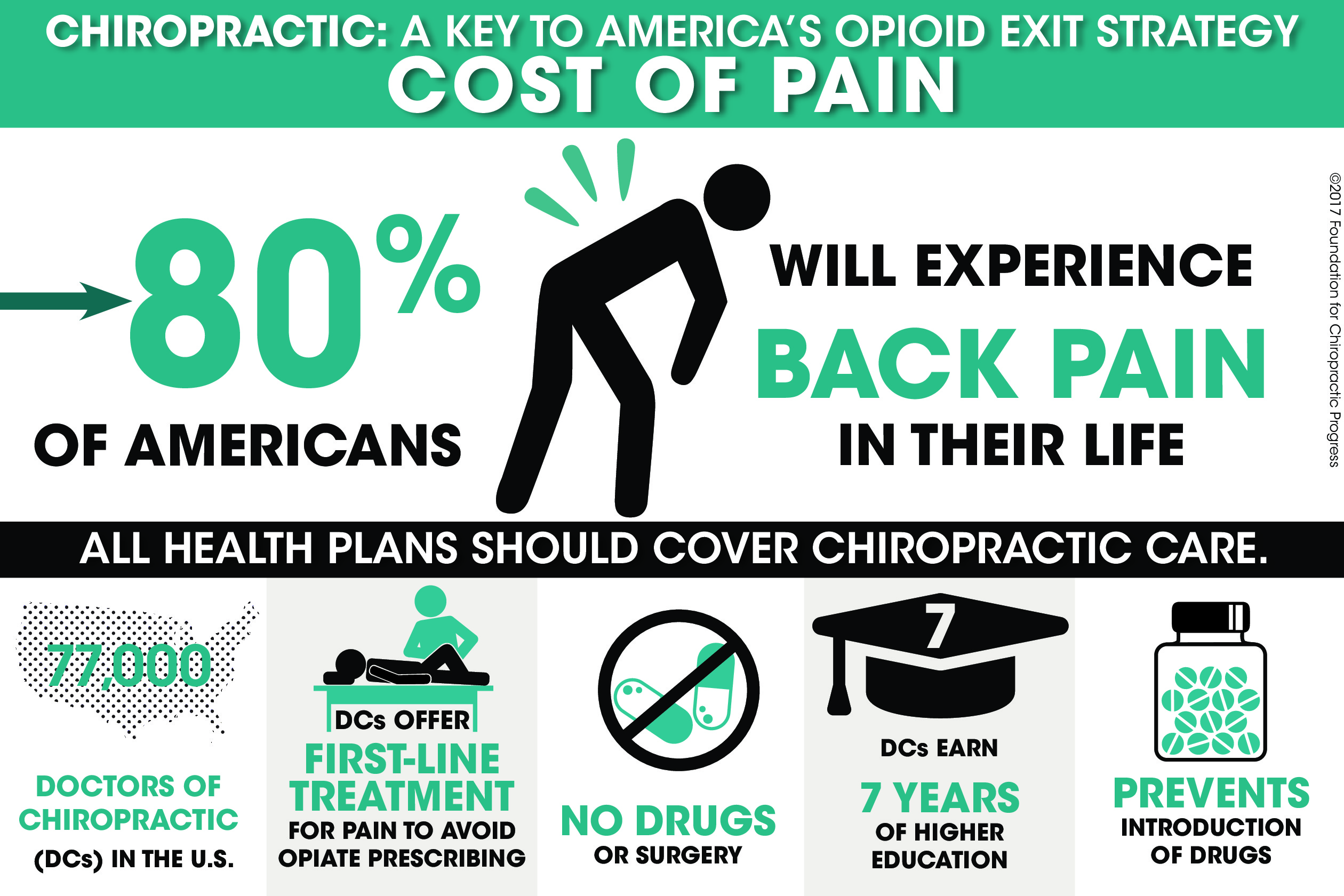Nutrition And Its Value In Back Pain Control: Foods To Support And Foods To Avoid
Nutrition And Its Value In Back Pain Control: Foods To Support And Foods To Avoid
Blog Article
Produced By-Hsu Wheeler
When it comes to managing your pain in the back, the food choices you make can substantially influence exactly how you feel daily. Think of having the ability to reduce your discomfort simply by adjusting what you consume. By recognizing the role of nourishment in neck and back pain management and understanding which foods to incorporate or steer clear of, you can take proactive actions in the direction of a much healthier and extra comfy lifestyle. The connection between nutrition and back health is more extensive than you might understand-- allow's discover how particular foods can either calm or exacerbate your pain in the back.
Significance of Nutrition in Pain In The Back
Nutrition plays an important role in taking care of pain in the back. pain in spine can substantially affect swelling levels and total pain degrees in your back. Eating a well balanced diet rich in nutrients like vitamins D and K, calcium, magnesium, and omega-3 fatty acids can help reduce inflammation and strengthen bones, which are crucial for back health.
In addition, keeping a healthy and balanced weight with proper nourishment can relieve stress on your back, reducing the risk of pain in the back.
Additionally, certain nutrients like antioxidants discovered in vegetables and fruits can assist combat oxidative anxiety and promote healing in the body, including the back muscular tissues and spine.
On the other hand, consuming too much amounts of refined foods, sugary beverages, and harmful fats can add to inflammation and weight gain, aggravating pain in the back.
Foods to Consume for Back Health And Wellness
To support a healthy and balanced back, incorporating nutrient-rich foods right into your daily meals is vital. Including foods high in anti-oxidants like berries, spinach, and kale can help reduce swelling in your back, easing pain and pain. Omega-3 fats found in fatty fish such as salmon and mackerel have anti-inflammatory homes that can profit your back health and wellness.
In addition, taking in nuts and seeds like almonds, walnuts, and chia seeds provides crucial nutrients like magnesium and vitamin E, which sustain muscle mass feature and reduce oxidative stress and anxiety. Integrating lean proteins such as hen, turkey, and tofu can assist in muscular tissue fixing and upkeep, advertising a solid back.
Do not forget to consist of dairy products or strengthened plant-based alternatives for calcium to support bone health and wellness. Finally, moisten with a lot of water to maintain your back discs hydrated and working efficiently. By including these nutrient-dense foods in your diet plan, you can nurture your back and support overall spinal health and wellness.
Foods to Avoid for Back Pain
Select preventing processed foods high in added sugars and trans fats when looking for relief from pain in the back. These types of foods can add to inflammation in the body, which might exacerbate back pain. Say no to sugary snacks like candy, pastries, and sweet drinks, along with junk food items like burgers, fries, and fried chicken that are usually filled with trans fats.
Additionally, stay away from foods containing high degrees of refined carbohydrates, such as white bread, pasta, and pastries, as they can spike blood glucose levels and potentially intensify swelling in the body.
click the up coming document 's also important to limit your consumption of foods high in saturated fats, like red meat and full-fat dairy items, as they can contribute to swelling. Processed functional doctor austin tx like deli meats, chips, and packaged snacks are usually high in hydrogenated fats and should be eaten in small amounts.
Conclusion
Finally, taking note of your diet regimen and making clever food options can have a significant influence on managing pain in the back. By incorporating nutrient-rich foods like berries, fatty fish, nuts, and lean healthy proteins, and preventing processed and sweet items, you can help in reducing swelling and support overall back health. Remember, what you eat plays an essential duty in how you feel, so make certain to prioritize your nourishment for a much healthier back.
